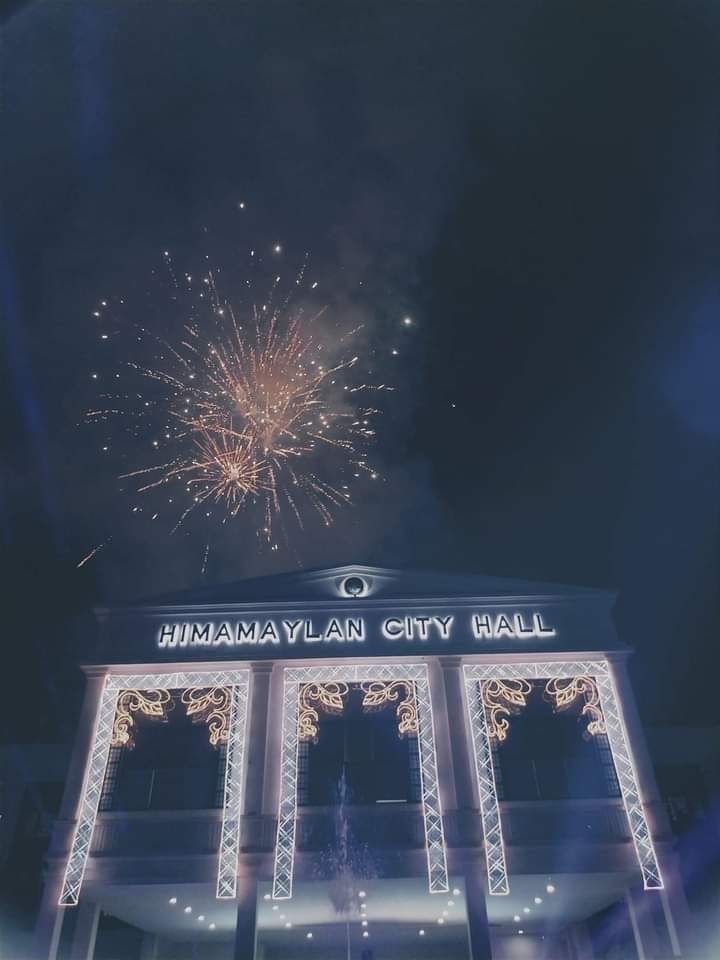
The component city of Himamaylan is nestled in the heart of Negros Occidental, Philippines, is a captivating blend of rich history, vibrant culture, and natural beauty. From its colonial past to its modern-day charm, this city offers a unique experience for travelers and history enthusiasts alike. This coastal city has 19 barangays, a 2020 population of 116,240 people, and a land area of 367.04 sq. kilometers (141.71 sq. miles)
A Glimpse into History
Established in the 18th century, Himamaylan became the second capital of Negros Island from 1795 to 1849, following the Municipality of Ilog. The Spanish constructed a fort, known as the Spanish Kota, which served as the seat of the old Spanish government and a defense against Moro raids. This fort remains a significant historical landmark in the city.
During World War II, Himamaylan played a pivotal role in the resistance against Japanese occupation. The first shot that initiated guerrilla activity in Negros Occidental was fired in Barrio Buenavista, now commemorated by a shrine honoring the local heroes.
by Unit A Creatives
Cultural Celebrations
Himamaylan’s cultural tapestry is woven with vibrant festivals that reflect its rich heritage:
- Himaya-an Festival (April 25): A grand celebration featuring tribal dance parades, aqua-agro fairs, and all-night street dance parties, showcasing the city’s unity and joy.
- Seafood Festival (March 31): Coinciding with the city’s Charter Day, this festival celebrates the bounty of the sea, offering a feast of local seafood delicacies to residents and visitors.
- Feast of Our Lady of Snows (August 5): An annual religious event honoring the city’s patron saint, marked by solemn processions and community gatherings.
Natural Attractions
Himamaylan is blessed with natural wonders that offer relaxation and adventure:
- Batang Peninsula Beach Resort: Located in Barangay Talaban, this hidden gem offers pristine beaches and stunning sunsets. It’s also the birthplace of the Bunlaw Festival, a cleansing ritual celebrated every January 1st.
- Acapulco Spring Resort: Nestled in the mountains of Barangay Mahalang, this resort features twin swimming pools, a cave for exploration, and panoramic views of the city.
- Buenavista Heroes Park: A tribute to the city’s World War II heroes, this park offers a place for reflection and remembrance.
by Choy Lando Photography
Economic Landscape
Himamaylan’s economy thrives on agriculture, particularly sugarcane cultivation and fisheries. In 2016, the city’s annual regular revenue was approximately ₱553 million, reflecting steady economic growth.
The city has also embraced modernization, becoming the first Local Government Unit in Western Visayas and the Negros Island Region to receive a certificate of recognition for implementing an electronic Business One-Stop Shop (eBOSS), streamlining business processes and enhancing government efficiency.
Visiting Himamaylan
Travelers can reach Himamaylan via the Bacolod South Road, a major highway connecting Bacolod City to southern Negros Occidental. Accommodations range from cozy inns to beach resorts, offering comfortable stays for visitors exploring the city’s attractions.
Himamaylan City stands as a testament to the resilience and vibrancy of its people. With its rich history, cultural festivities, and natural beauty, it offers a unique and enriching experience for all who visit.
by Reydan TV